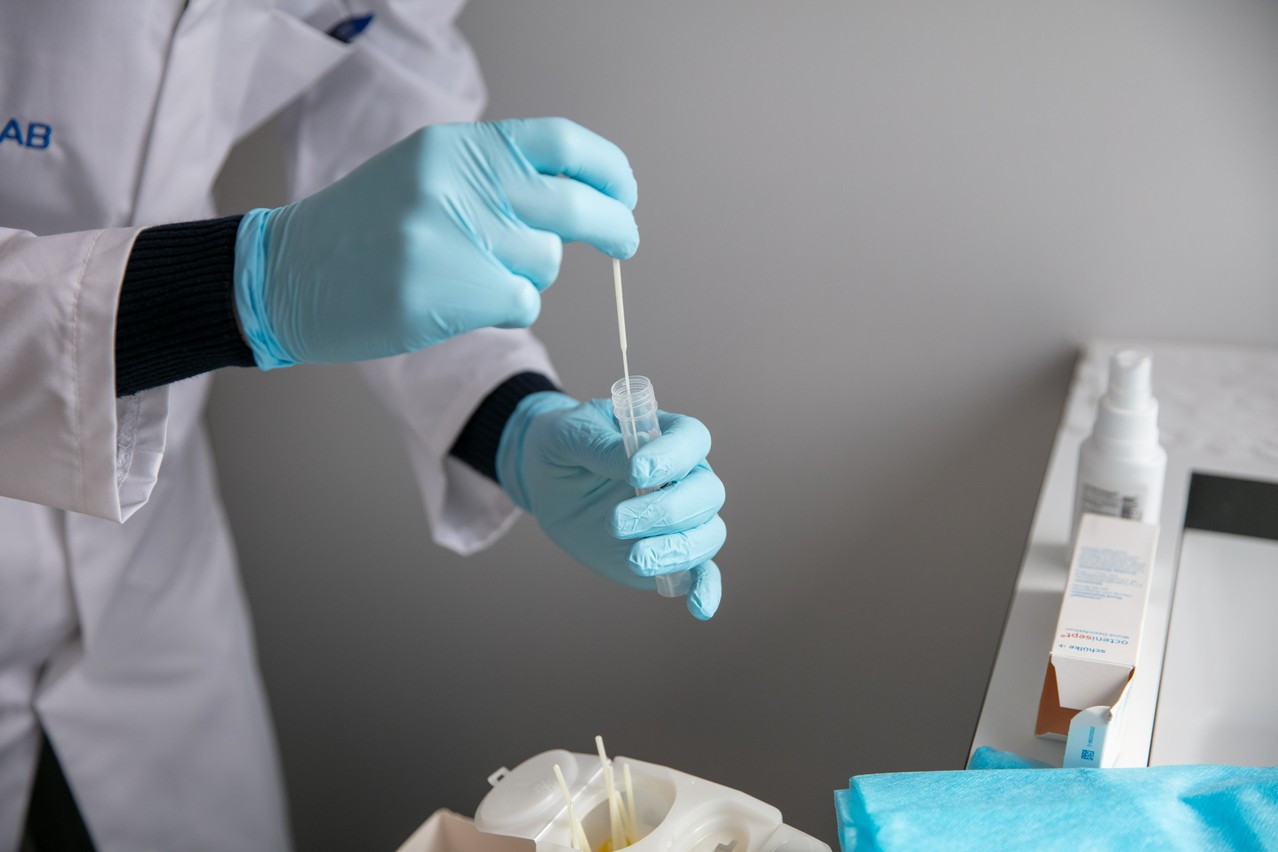Despite the vaccination rate of 80.4%, a few percentage points shy of reaching the 85% target prime minister Xavier Bettel (DP) had evoked when discussing a loosening of pandemic restrictions, the number of infections went up by 110% during the week of 27 December to 2 January compared to the week before.
The age group most affected was over 75 years old (182% increase), followed by 15 to 29-year-olds (178%), though despite the increase the incidence rate remained the lowest among the 75+ bracket (274.5 cases for 100,000 citizens).
While the incidence rate was 952.65 for 100,000 non-vaccinated people, it was at 858,95 for 100,000 vaccinated inhabitants. The average rate more than doubled over one week, going up from 423 cases for 100,000 people to 889.
There were 8,448 active infections in Luxembourg last week--compared to 5,487 the week before--with the mean age of diagnosed people being 33.9. By 4 January, the latest data available, this number had already risen to 11,114.
Like the week prior, 47 new admissions to normal hospital care were registered, while 20--of which 14 unvaccinated--were in the intensive care unit. Five additional deaths were counted over the seven-day period, bringing the total number of lives lost to the virus since March 2020 to 920 on 4 January.
The highest rates of new infections were registered in the south of the grand duchy between 13 December and 2 January, with 3,573 cases reported in Esch-sur-Alzette. In Luxembourg City, there were 1,978 new infections, the region surrounding the capital posted 1,362 cases, and Remich 430.
In its weekly report, the government identified family (32.8%), trips abroad (10.5%), hobbies (4.8%) and work (3.1%) as the main sources of infection.
As the immunity of vaccinated people wanes, and the has been reduced to four months, the government has further tightened restrictions over the last weeks, and is set to , following a demand by Bettel. In the meantime, from 15 January, all workplaces in Luxembourg will be under 3G rules, while 2G+ is implemented in bars, restaurants and cinemas. The 2G+ diet--which required vaccinated people who had not yet received a booster to do a rapid test prior to entry--should be slightly under proposals that need to be approved by parliament.
Under the plans presented on 5 January, people with a vaccination schedule that was completed less than 180 days, or six months, ago will also be exempt from the rapid test, as are people with a recovery certificate, which is valid for only six months.
